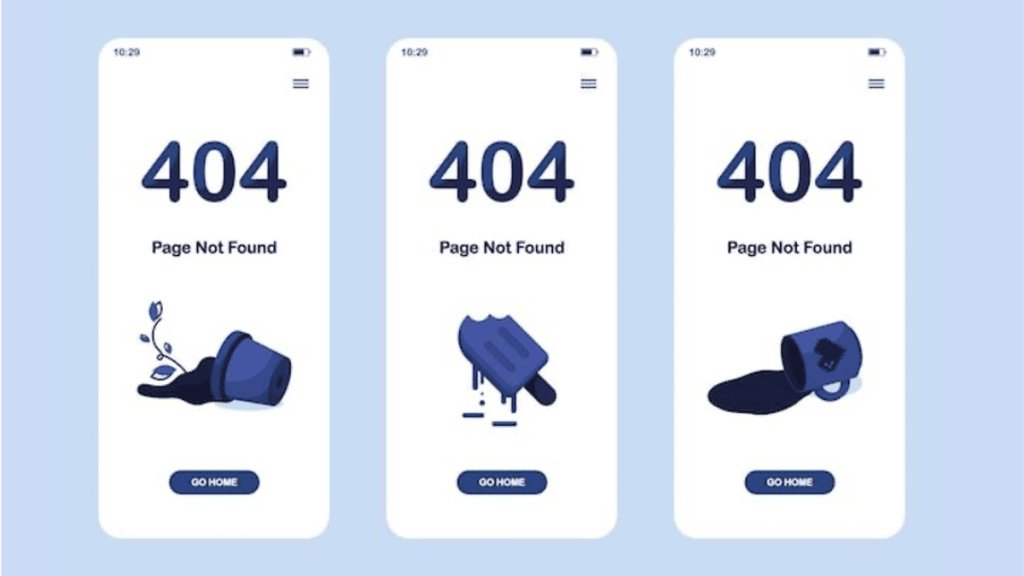Today’s digital world has simplified our lives to a great extent. We can now access the Internet from anywhere, whether it is from home or office, school or cafe — almost everywhere. It has become so simple that we can even use applications on our smartphones to check websites, search for information and carry out other tasks conveniently. In this blog post, we will be discussing web applications vs mobile applications and which one is better for users. Both of these apps serve different purposes and target different user demographics as well. Let us take a look at the differences between these two types of apps below:
What is a Web Application?
A web application is a software application that runs in a web browser and is accessed over the internet. These applications are available on a website and can be used across multiple devices. Web applications are easier to build and are usually low-cost in terms of maintenance and development. However, they are limited in functionality and don’t work offline. The most common examples of web applications include social media platforms, e-commerce websites, and online booking systems.
Web applications are designed for use on multiple devices such as computers, laptops, smartphones, tablets, and other smart devices. They can be accessed from any computer with an internet connection, irrespective of the operating system. Moreover, users can access the same account or functionality across multiple devices.
What is a Mobile Application?

A mobile application or app is a software application designed for use on smartphones and tablets. These apps are downloaded and installed into the device so that users can access them offline too. Mobile apps are built using programming languages like Java, Swift, and so on. They offer more functionality and flexibility than web applications.
Beyond this, mobile apps are costlier and time-consuming in terms of development and maintenance. Mobile apps are built to target specific devices and operating systems like Android, iOS, Windows, and so on. Simply put, they are built to stay relevant only on the device they are installed on. They are customized and designed for a particular device’s screen size and all other functionalities of the device. This makes them more focused and useful for the users. Mobile apps are also designed to work offline as well. They store data in the device and make it accessible when the device is disconnected from the internet.
Differences between Web Application and Mobile Application
Before you finally entrust this task to a professional web application development company, you need to find out more about both options and define which one suits your needs most of all. Here are some of the key differences between web applications and mobile applications:
- Web Applications are Easy to Build: In general, it is easier to build a web application as compared to a mobile app. There are multiple reasons behind this — you do not have to build for a specific device, you can use common web languages, there is a lesser focus on UI design, etc.
- Web Applications are Device Agnostic: This means they are designed to work on any device or platform. They are accessible from any device with an internet connection — computer, laptop, tablet, smartphone, etc.
- Web Applications are Less Flexible: Web applications are less flexible as compared to mobile apps because of the device agnosticism. You cannot build a web application to be highly customized to a specific device and operating system.
- Mobile Applications are More Focused: Mobile applications are focused on one device only (iPhone, Android, Windows or any other device). This means that the application is developed only for the device and operating system it is meant for. This makes these applications more efficient and useful for the users.
- Mobile Applications are More Expensive: Mobile applications are costlier to build as compared to web applications since they focus on one device only.
- Web Applications are Good for Content-Driven Websites: Web applications are great for content-driven websites where the main focus is on content and the design of the website is not important.
- Mobile Applications are Good for Functionality: Mobile applications are best for functionality since they are built for a specific device.
Which one is Better: Web Application or Mobile App?
In general, mobile applications are better than web applications. However, it depends on the type of application you want to build and whom you want to target. If your customers are those who are always on the move and want a quick solution to their problems, then mobile apps are the best solution for them. On the other hand, if you want to target customers who are always on their computers, then a web application is for them.
It all comes down to what functionality you want to offer to your users and how quickly you want them to get access to it. If you want to build an app that can be used on multiple devices and platforms, you should choose a web application. It is cheaper to build and maintain than a mobile app. On the other hand, if you want to build an app that is highly customized to run on a single device, you should go for a mobile app. It is more expensive and time-consuming to build than a web application.
Summing Up
Web applications and mobile apps are different in terms of functionality, cost, and development time. Web applications are easier to build and are cheaper to develop and maintain, but they are device agnostic and have limited functionality. On the other hand, mobile applications are more focused and useful for users, but they are expensive to build and maintain. The choice between web applications vs mobile applications depends on the type of app you want to build and whom you want to target.
If you want to build an app that can be used on multiple devices and platforms, you should choose a web application. It is cheaper to build and maintain than a mobile app. On the other hand, if you want to build an app that is highly customized to run on a single device, you should go for a mobile app.
